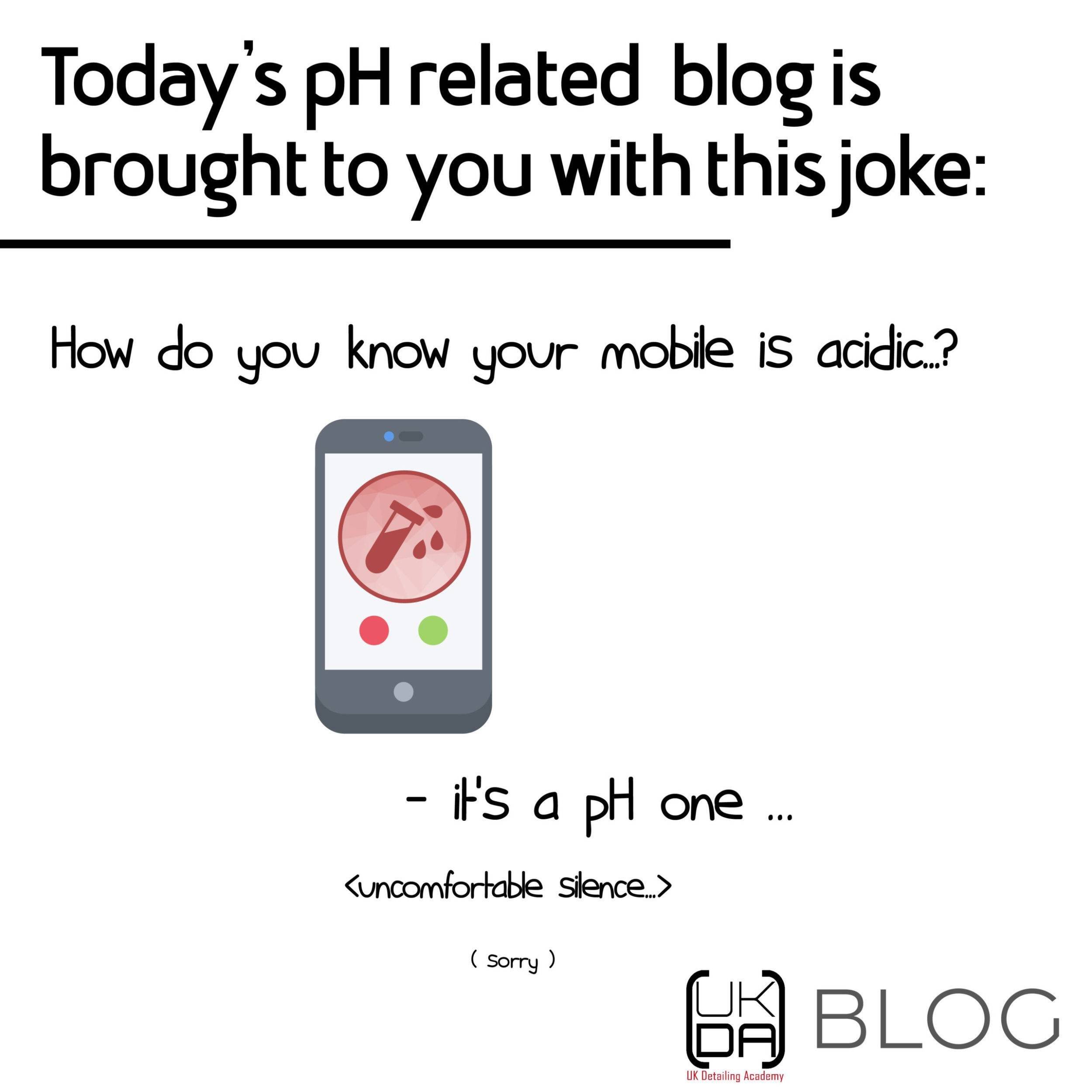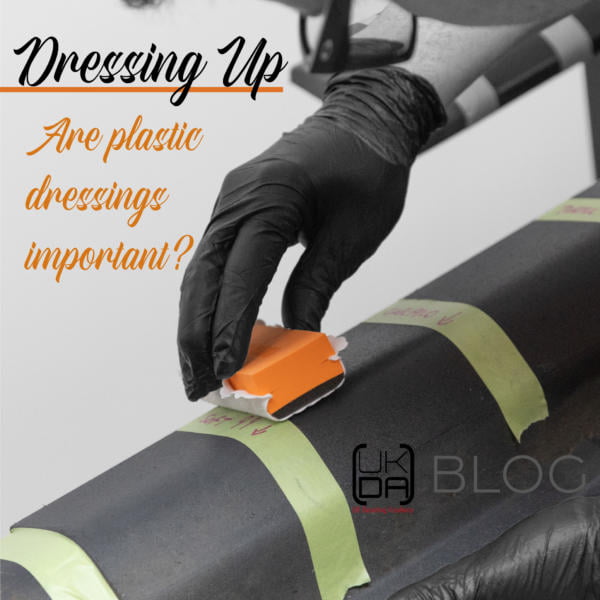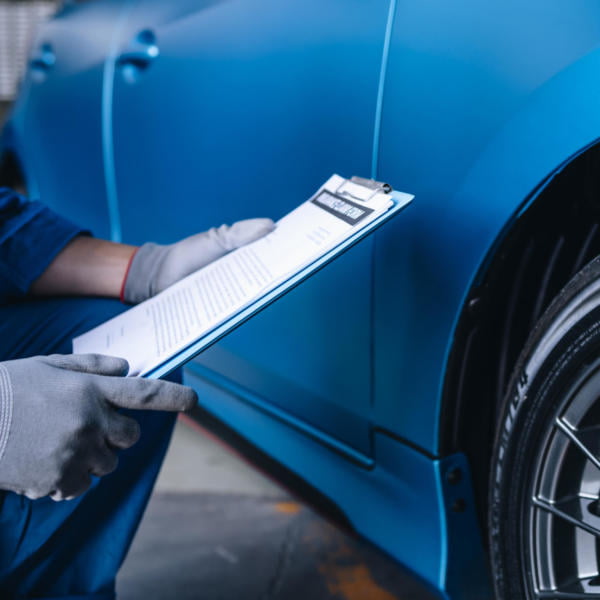
There is always a lot of confusion when starting out using the variety of chemicals in the car care industry regarding what pH actually is, and how it affects the chemicals we use and the surfaces we use them on; so we thought it could be useful to put together a brief guide on what it is, what it means and why it is relevant to what we do. We cover the topic in far greater depth in our Career Development courses but hopefully, this is condensed down enough to make a useful, brief read for everyone!
What is pH?
pH is the negative of the base 10 logarithms of the activity of the H+ ion within a solution.
…not really relevant to our discussion though.
In simple terms, it is a scale used to measure how Acidic or Alkaline a substance is. It is found by counting the number of positive hydrogen ions it contains, and then doing some maths. This bit is done by the science boffins, but they will share that nugget of information and we can then find it (when relevant) on the Safety Data Sheet for whichever product we are looking at.

How do we identify what is an acid and what is an alkali?
pH is measured on a scale from 0 to 14, with 7 (neutral) being in the middle and denoting those substances which are neither acidic nor alkaline. A simple way to remember which falls at which end of the scale is to look at the number of letters in the words: “Acid” has very few letters and “Alkaline” has loads – the lower the pH value, the more Acidic it is!

Why does it matter?
Different substances will, of course, be better or worse at different things. In our case, certain products may need to be chosen to deal with particular types of contamination which we are trying to remove from the surface of a vehicle. The ability to identify the right chemical to use in a particular situation will make us more efficient, reduce waste and limit the potential for harm that could be caused by repeated applications of an incorrect product.

In very general terms, Alkaline products are good degreasers, Acids will dissolve specific surface deposits.
Does this mean that a high or low pH is going to cause damage? NO! – It’s important to note that pH is not (necessarily) a measurement of aggression, and it will depend on a variety of factors to determine its effect on a substrate, including concentration, heat and reactivity.
There are so many caveats when talking about pH levels, especially within such small scales. pH is a great first indicator as to the intensity or risk with a product, but it’s by no means an absolute.
Oxalic acid, for example, is PH1 – however, it is commonly used in fallout remover as a “safe on all surfaces” product despite this pH level, due to its low volatility. However, if you saw a concentrated wheel cleaner with phosphoric acid at pH 1, a lot of dilution is likely to be required in order to lower its concentration, so a close look at the instructions is especially important, so you are sure you are applying what has been tested. Dilution accuracy, surface assessment and common sense will all play a role here..

Don’t be afraid of using strong pH chemicals from reputable companies if needed, and appropriate – they SHOULD have been tested for surface compatibility if used for the purpose and carry all necessary instructions. However, do be aware that the higher up or down the scale you go, the more trust you are putting into the manufacturers to get it right – and don’t be averse to testing for reaction before use.
The manufacturer may get the blame, but you’ll still get the bill…
UKDA



